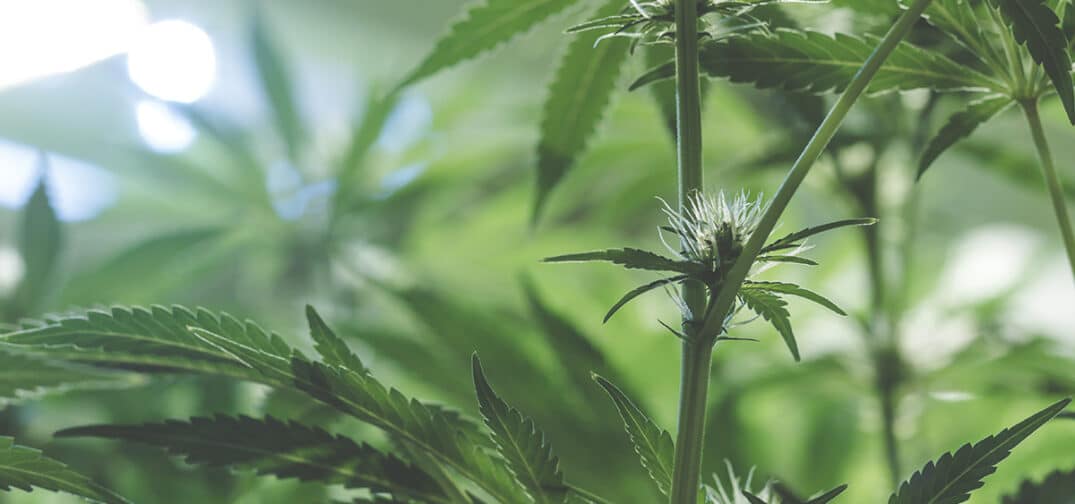Medical cannabis patients in Vermont can now grow 12 plants, up to six mature, and medical cannabis products can now contain up to 100 milligrams of THC per serving, under legislation that Gov. Phil Scott (R) allowed to become law without his signature. The bill also adds post-traumatic stress disorder to the state’s medical cannabis qualifying conditions list.
In a letter to lawmakers, Scott said he allowed the measure to become law without signing it because the measure repeals the sunset of the Cannabis Control Board, which he says “appears minor, but in fact has substantive consequences for the principle of separation of powers.”
“I understand there is a need for an alternative structure for regulating controlled substances that remain federally illegal so that we do not compromise federal funding. However, when removing the sunset on the CCB, the statutory authority of the CCB needs to be clarified to ensure constitutionality and accountability to the governor.” — Scott in the letter
In the letter, Scott notes that once appointed, CCB members may only be removed for cause by the other two CCB members and that the agency “has added staff, taken over the regulation of medical cannabis and the medical registry, and grown to be an approximately 22-member department.”
“As an independent entity, the CCB regulates a multi-million-dollar industry with no oversight,” the governor wrote in the letter. “Again, while I have complete confidence in the current CCB, this lack of oversight creates the risk for future mismanagement, conflicts of interest and other harmful impacts.”
Scott said he plans to work with the CCB and lawmakers on legislation that would “make the modifications necessary to clarify the statutory authority of the CCB is constitutional.”
Get daily cannabis business news updates. Subscribe
End
